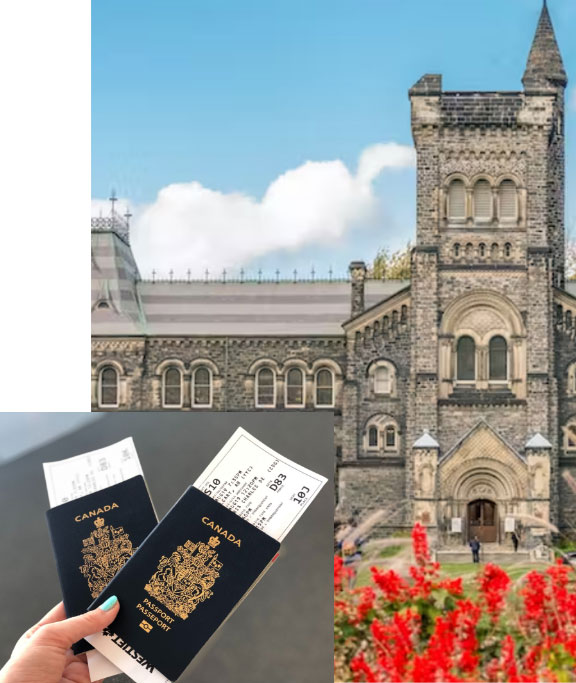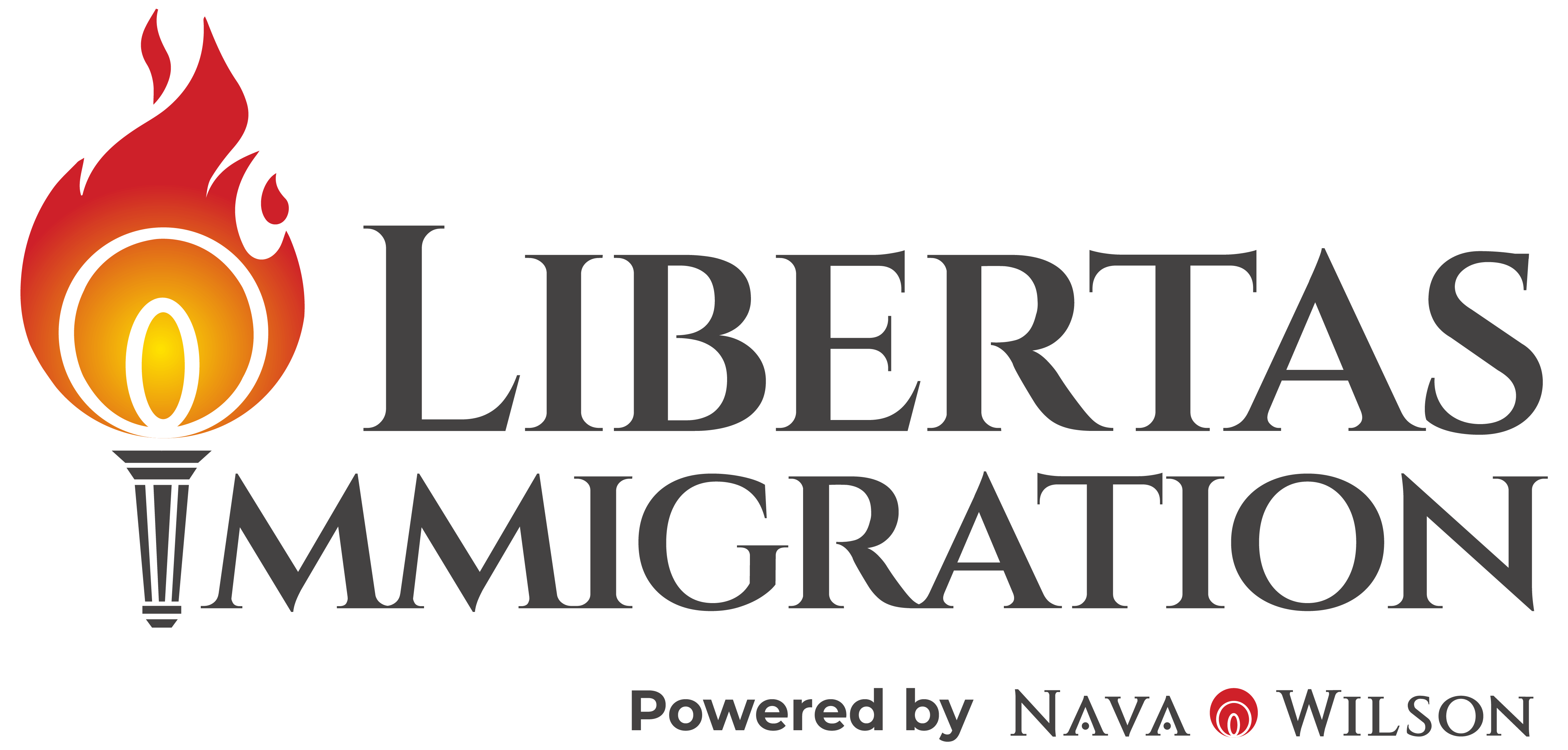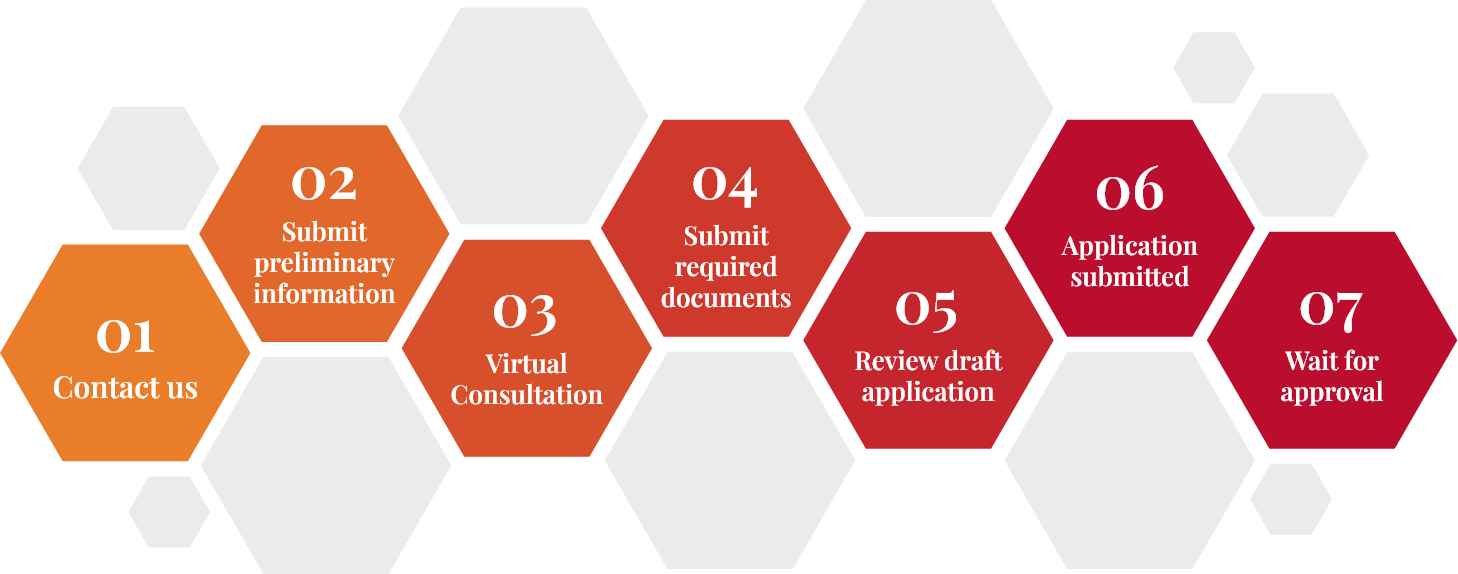Study In Canada


Studying in Canada offers a world-class education, a multicultural environment, and countless career prospects. Canada is known for its high academic standards, innovative research facilities, and welcoming nature. Whether you’re seeking undergraduate or graduate studies, Canada’s educational institutions provide a wide range of programs across various fields.
Our services
Study Permit (student visa) A document that allows foreign nationals to study at designated learning institutions (DLIs) in Canada. Obtain the necessary documentation, guidance, and expertise to secure a study permit, which allows you to study in Canada.
Student Direct Stream For eligible students from certain countries, we provide specialized assistance through the Student Direct Stream. This streamlined process expedites study permit applications, enabling faster processing times.
Where to start?
To apply for a study permit in Canada, students must first enroll and be accepted to study at a Canadian educational institution or DLI (Designated Learning Institution).
Foreign students who have applied for and been accepted into a Designated Learning Institution (DLI) may apply for a study permit to come to Canada and complete the specific program for which they have been accepted. You must have an acceptance letter from the designated institution you plan to attend before applying for a study permit in Canada.


Reasons to Study in Canada:
- High-quality education: Canadian educational institutions are renowned for their high academic standards and rigorous programs, ensuring a quality education that is globally recognized.
- Work opportunities: International students have the opportunity to work part-time on and off campus during their studies, gaining valuable work experience and supplementing their finances.
- Post-Graduate Pathways: Canada offers post-graduation work permit options, allowing international students to gain work experience and potentially transition to permanent residence.
Featured Insights
Frequently Asked Questions
The IRCC processing time varies by country and can take anywhere from 20 days to 12 weeks. Make sure you apply in advance to be in Canada in time for your studies.
Yes. You can work as an international student in Canada if your study permit lists a condition that says you’re allowed to work on- or off-campus.
You can work on your school campus, without a work permit, if you are a full-time post-secondary student with a valid study permit and social insurance number (SIN). Important to note: You can only start working in Canada when you start your study program. You can’t work before your studies begin.
Yes. In Canada there are some scholarships that are available to international students. However, the number of scholarships for international students is limited and highly competitive, and available mostly at the postgraduate level. To learn more about your scholarship opportunities, contact your school of choice directly.
Yes. Foreign nationals are welcome to include their spouse on their application for a Canadian study permit, keeping in mind the impacts this may have on the approval of the study permit. If a foreign national is approved for a study permit in Canada with their spouse accompanying, then the spouse will be eligible to apply for a spousal open work permit. This work permit will authorize the spouse to work full-time for any employer in Canada for the same period as their partner’s study permit.If both partners are interested in pursuing studies in Canada, they each must apply for separate study permits.
If both partners are interested in pursuing studies in Canada, they each must apply for separate study permits.
The cost of education in Canadian colleges and universities varies depending on the school, program and location. On average, you’ll require around $15,000 to $35,000 CAD* annually to cover tuition.
- The numbers are approximate. Please contact your school directly or research the information available on their website to learn the exact cost of your desired program.




